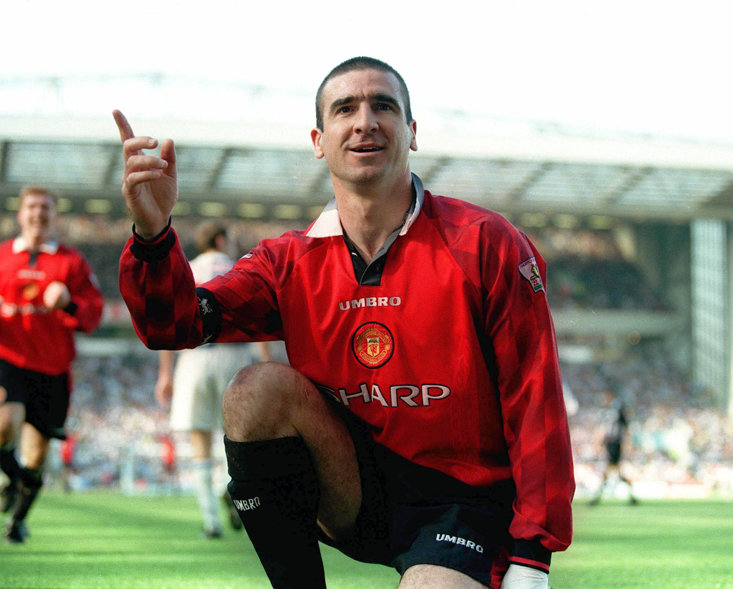Aleksandar Mitrovic is likely to find himself in a spot of bother after he pushed and berated referee Chris Kavanagh in Fulham’s FA Cup capitulation at Old Trafford. The normal three-match ban for a straight red card is likely to be extended given his behaviour on the pitch, but just how long could he be banned for?
We’ve taken a look back at some of the longest bans handed out in English football, and what they were for.
Paolo Di Canio - 11 games
When Paul Alcock showed the fiery Italian a red card in 1998 while playing for Sheffield Wednesday, Di Canio completely lost his head. Perhaps this is the incident that is most comparable to Mitrovic, although Di Canio shoved the referee to the ground in a horrendous show of disrespect. He was given an 11-match ban and a £10k fine.
Luis Suarez - 4 months
Now we must move from the number of games to months out of football. Luis Suarez had a bad biting habit and when he chomped on Giorgio Chiellini’s shoulder at the 2014 World Cup, his third biting incident, the authorities had to act. He was banned from all footballing activity for four months, but still got a move to Barcelona that summer.
READ MORE:
- Have Palace changed too much since Hodgson was last there?
- State of play in Premier League
- Premier League odds with Betfred*
Adrian Mutu - 7 months
Chelsea forward Adrian Mutu was only at the club for a year as his career in London came to a hasty end when he tested positive for cocaine. He refused to have a second sample tested and admitted his guilt, while Chelsea were left furious and went to the courts to try and get some form of compensation.
Rio Ferdinand - 8 months
Manchester United defender Rio Ferdinand was banned for eight months for missing a drugs test just after he became the most expensive defender in world football. An independent tribunal found the England player guilty of misconduct after he failed to take a test despite being selected to give a sample to UK Sport doping officials at the club's Carrington training ground. He returned to have quite the career at Old Trafford, winning two Champions League titles and six Premier Leagues.
Eric Cantona - 9 months
Remember the kung-fu kick at Selhurst Park? Cantona completely lost his head as he launched into the crowd to attack a fan. He was shown a red card, but subsequently banned for nine months in 1995. He arguably cost Man Utd the title that year, but would return to help them win it the following season.

Mark Bosnich - 9 months
Another Chelsea player. Another positive test for cocaine. Bosnich was handed a nine month ban which effectively ended his playing career. However, after retirement, he still maintained his innocence.
“Yes, I took drugs but only once my career was over. I have no regrets. I owe football absolutely nothing,” Bosnich said. “At the time of my drugs test in November 2002 I was not taking cocaine… I got talking to a girl who later admitted that she had slipped the drug into her drink. I must have had a sip of her glass.”
Joey Barton - 18 months
Joey Barton had his fair share of controversies throughout his career. However, he was found guilty of placing 1260 bets on football matches between 2006-2016, including some that he had played in. He was fined £30,000, charged with criminal activity and handed an 18-month ban from football.
Enoch West - 30 years
Imagine being banned from football for 30 years! Well that was the reality for Manchester United centre-forward Enoch West. In 1915, he was banned for life with three fellow United players and four Liverpool players for match-fixing.
The lifetime ban would have been lifted for West, if he had followed the other seven players and enlisted into the army for World War I. Six of the seven players returned to play after the war, with Sandy Turnbull losing his life in 1917 at the Battle of Arras.
However, West refused and the ban stood until 1945 - when he was 59. It remains the longest ban from football in English history, and is unlikely to ever be beaten.
*18+ | BeGambleAware